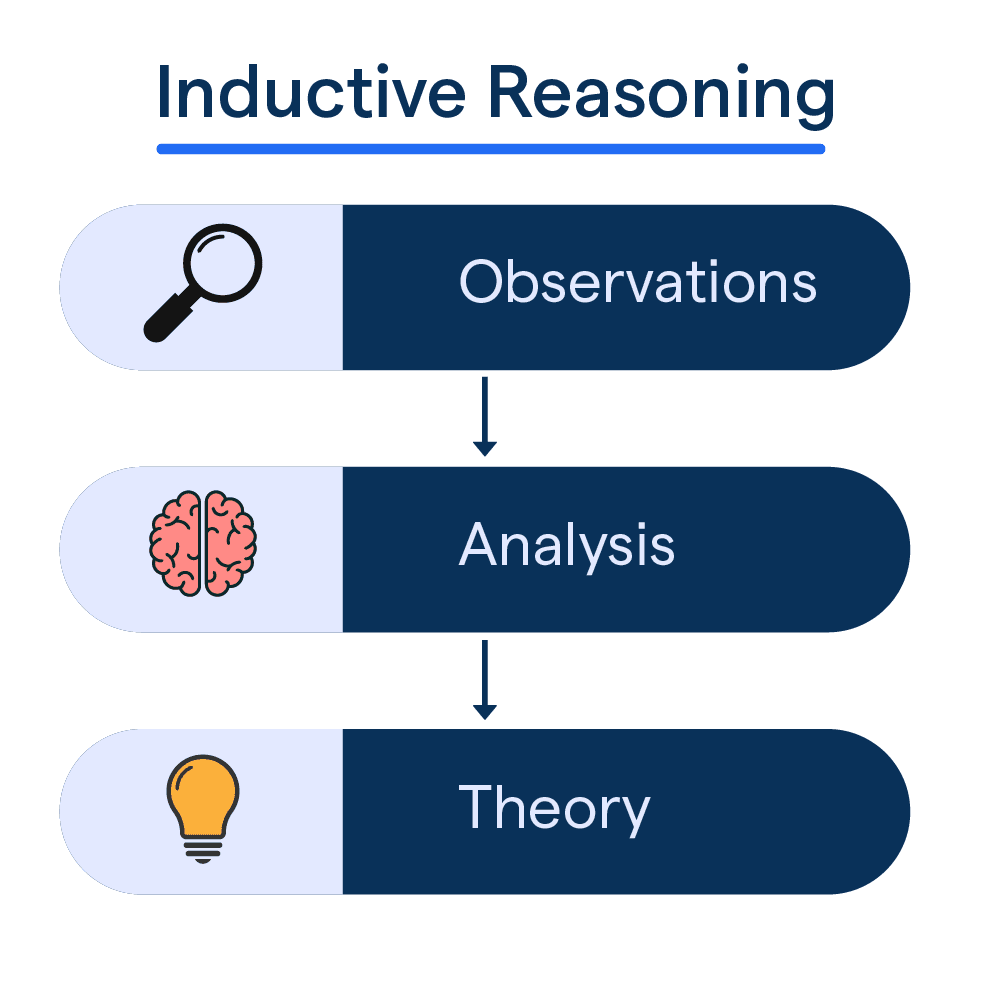[Revised entry by James Hawthorne on February 24, 2025.
Changes to: Main text, Bibliography, appendix1.html, appendix2.html, appendix3.html, appendix4.html, fig1.svg, local.js, sup-uncertain-inf.html]
An inductive logic is a system of reasoning that extends deductive logic to less-than-certain inferences. A logic represents inferences in terms of arguments, where each argument consists of premises and a conclusion. The essence of a logic is the arguments it endorses. A logic labels some arguments as good and others as not good, depending on the extent to which the truth of an argument’s premises support the truth of its conclusion. In a deductive logic the truth of the premises of a good argument…
Read the full article which is published on Stanford Encyclopedia of Philosophy (external link)







